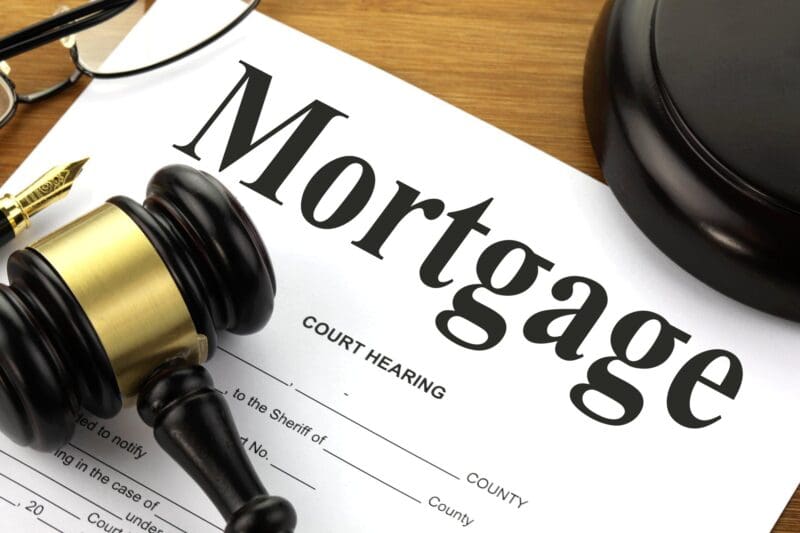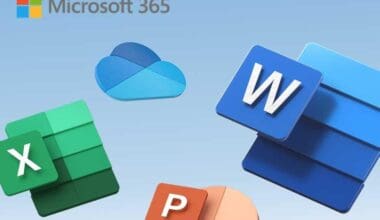Buying a home is one of life’s most significant milestones, and for teachers who dedicate their lives to education, achieving this dream can be made a bit easier with the help of targeted financial discounts. Recognizing the importance of educators in our communities and the financial constraints they often face, many mortgage providers have stepped up to offer special deals and rates for those in the teaching profession. These mortgage teacher discounts are a small token of gratitude, offering a way to ease the financial burden for those shaping future generations.
Full disclosure: If you visit a link on this page and make a purchase, we may receive a small commission at no extra cost to you.
Mortgage companies understand that purchasing a home is no small feat, especially on a teacher’s salary. That’s why they often tailor specific programs or perks aimed at helping teachers secure home financing with more favorable terms. These can range from reduced interest rates and down payment assistance to waived fees and other cost-saving benefits. Essentially, mortgage teacher discounts are designed to remove some of the financial hurdles educators might encounter on the path to homeownership, acknowledging their commitment to making a difference and helping them invest in a place they can call their own.
For teachers interested in taking advantage of these mortgage discounts, the first step is often as simple as reaching out to a mortgage advisor or conducting some online research. Many lenders and financial institutions advertise these discounts or have dedicated programs for educators, so it pays to ask about any available teacher-exclusive offers. Additionally, teachers should be prepared to provide proof of employment in a qualifying educational institution. Qualifications for these discounts may vary, so it’s always a good idea to have all your ducks in a row - documents at the ready, details of your teaching position, and a clear understanding of your financial situation – to ensure a smooth conversation and the best chance at securing those well-deserved home-buying benefits.
Q&A
### Q&A: Understanding Mortgages Inside Out
**Q: Can you define what a mortgage is in the simplest terms?**
A: Absolutely! Imagine a mortgage as a special type of loan, where the bank or lender offers you a hand full of money to buy a home. In return, you promise to give that money back over time, with a little extra (interest) for their troubles. It’s like borrowing a bucket of gold coins from a dragon, but instead of a hoard, it’s for a house.
**Q: What makes up a mortgage payment?**
A: Picture your mortgage payment as a four-layer cake. The first layer is ‘principal,’ the actual slice of the money you borrowed. The second layer is ‘interest,’ the cost of borrowing the treasure. The third layer is ‘taxes’ that goes to the local kingdom (government), and the final creamy layer is ‘insurance’ to protect your castle (home) from unforeseen events. Each bite, or payment, includes a taste of all four layers.
**Q: Are there different species of mortgages in the wild?**
A: Oh, indeed! Mortgages are as varied as creatures in an enchanted forest. There are fixed-rate mortgages, steadfast and unchanging in their ways, and adjustable-rate mortgages, which are more unpredictable, like a shapeshifter. Then there are government-backed mortgages, like FHA loans, which have a touch of magic to help those who need it.
**Q: How important is my credit score when applying for a mortgage?**
A: Your credit score is like your reputation among the wizards of finance. A high score means you’ve been a good steward of your coin, and lenders will treat you with favor, casting spells of lower interest rates. A lower score might mean you’ve let a few coins slip through your fingers; lenders could see you as a risky adventure and ask for higher interest as insurance.
**Q: What is a down payment, and why is it important?**
A: A down payment is like the foundation of your future home. It’s a portion of the purchase price that you pay upfront, proving your commitment to the quest of homeownership. It also reduces the size of the loan you need from the bank, which can lower your monthly repayments and mean less interest in the long run.
**Q: How do I know if I can afford a mortgage?**
A: A trusted financial oracle, also known as a mortgage calculator, can divine this information. It will consider your income, debts, and the mystic runes known as interest rates. After some prognostication, it will reveal what mortgage payments your budget can handle without summoning financial doom.
**Q: How long does it take to pay off a mortgage?**
A: Mortgages are epic journeys that can span a wide range of time, typically from 15 to 30 years. The shorter the journey, the higher the monthly installments will be, but like a sprint, you’ll be done faster. The longer the journey, the smaller the monthly offerings, making the adventure more manageable, though it’ll take many moons to complete.
**Q: Can I get a mortgage if I’m self-employed or have a non-traditional income?**
A: Yes, even wizards and wandering minstrels can secure a mortgage. However, the path may be more intricate, as lenders will want extra proof of your earnings. They may request tomes of tax returns, bank statements, and even letters from clients to ensure that your coin purse stays full.
**Q: What happens if I struggle to make my mortgage payments?**
A: If thunderclouds gather over your financial realm, it’s vital to communicate with your lender. They may have spells of forbearance or modification that can adjust your payment requirements temporarily. Ignoring the storm could lead to foreclosure, where the lender claims your castle for themselves.
**Q: Is refinancing my mortgage a wise decision?**
A: Refinancing is like rewriting an old scroll to better reflect your current circumstances. It can be wise if it leads to lower interest rates, reduced monthly payments, or helps you build equity faster. However, be wary of the costs of rewriting history and make sure the final chapter of your refinancing tale is one of triumph.





